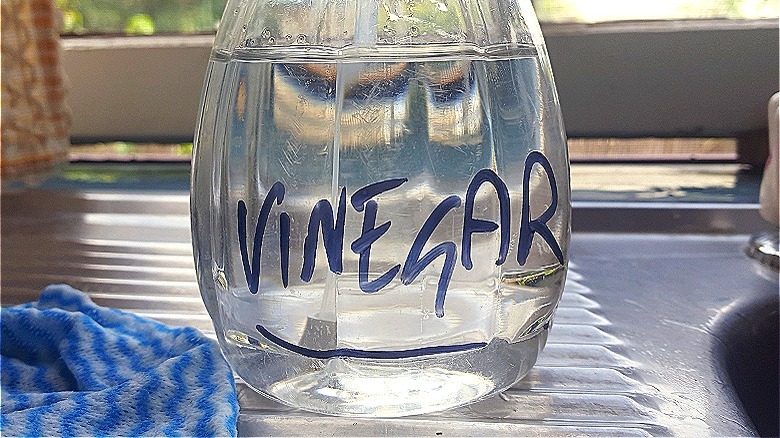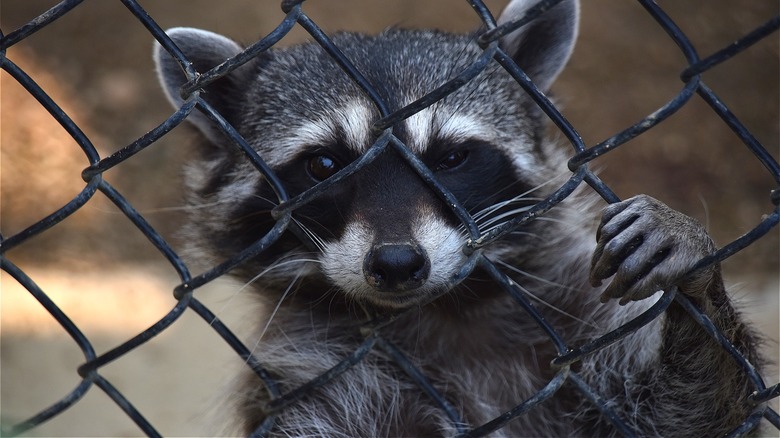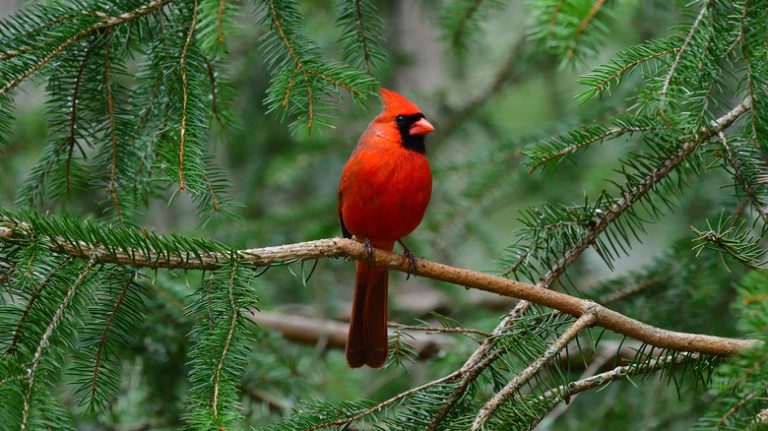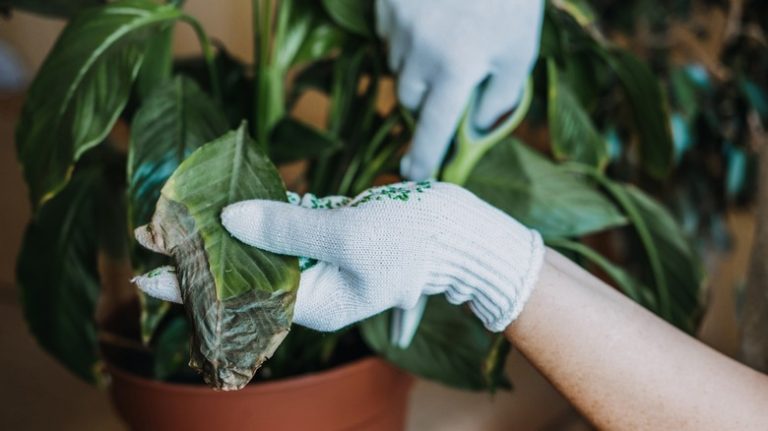Unsplash
Adorable as they may appear, raccoons are one pest no one wants to deal with. The key is to stop them from entering your property before they can get up to no good in your yard, garden, or garbage bins — and luckily, doing that can be as simple as heading into your pantry. Grab a bottle of vinegar, and let’s deter some trash bandits.
Part of what brings raccoons into yards in the first place is their incredible sense of smell, so if you’ve got things like birdseed, veggies, meats, or even marshmallows within reach, they’ll be able to pinpoint your home from a mile away. However, that same sense of smell also makes the scents they don’t love unbearable — and it’s for precisely that reason that when it comes to putting them off, most experts suggest using that to your advantage. Fortunately, the smells raccoons dislike, like vinegar, are usually way more tolerable for humans. In fact, a number of go-to kitchen ingredients can keep raccoons away.
By placing white or apple cider vinegar in and around your yard, raccoons simply won’t want to enter your space. Having said that, there are some things you’ll want to remember when putting this method into practice. You’ll also need some rags for this trick.
Repel raccoons with vinegar

To get started on this raccoon deterrent, soak rags in a vinegar of your choice. The sour smell needs to be as strong as possible, so be sure to include only the vinegar. From there, place the saturated rags anywhere raccoons can get into your yard or garden, places you’ve noticed them before, and anywhere else you’d like to keep the critters to a minimum. The more they smell the mixture, the less likely they’ll be to enter the property.
If you’d prefer to take extra precautions, you can also dilute it with a little water and spray it onto things like fences and plants (though, always remember to spot-test leaves to find out how a plant will react before dousing your garden in the acidic liquid). As mentioned with the rag method, though, the dilution will lessen the intensity of the scent. For that reason, it’s wise to use this as an add-on, rather than on its own.
Top-ups or not, one thing you’ll want to keep in mind when using vinegar is that you’ll need top-ups. Over time, the smell will begin to wear off — and when that happens, you’ll run the risk of the raccoons’ return. So, stock up on your vinegar, and be sure to check in on those rags regularly. Those raccoons won’t be interested in paying you and your yard visits, and you can rest assured you’ve deterred the raccoons in a humane way.




